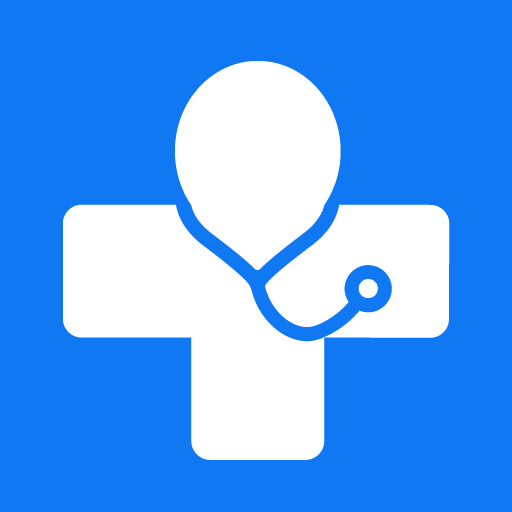The Hospital Management System (HMS) must efficiently handle patient data, appointments, and medical records (functional requirements), while ensuring scalability, security, and usability to meet industry standards and optimize healthcare operations (non-functional requirements).
Recommended
Best Hospital Management Software in India for SMART Hospital Management
Functional Requirements for Hospital Management System (HMS)
Here are 10 main Functional and Nonfunctional Requirements for HMS.
1. Patient Registration:
- Capture and store patient demographic information.
- Verify insurance details and update records.
- Generate a unique patient identifier.
- Assign and manage patient appointments.
Efficiently manage patient data and appointments for streamlined healthcare services.
2. Appointment Scheduling:
- Allow users to schedule, reschedule, and cancel appointments.
- Send automated appointment reminders to patients.
- Ensure real-time synchronization with healthcare providers' calendars.
- Provide a user-friendly interface for appointment management.
Improve accessibility and organization of medical appointments for both staff and patients.
3. Electronic Health Records (EHR):
- Maintain a comprehensive electronic health record for each patient.
- Enable secure access to patient records for authorized healthcare professionals.
- Support real-time updates to EHRs during patient consultations.
- Ensure compliance with data privacy regulations.
Enhance patient care and decision-making through centralized electronic health records.
4. Billing and Invoicing:
- Generate accurate bills based on services rendered.
- Facilitate electronic billing and payment processing.
- Provide itemized invoices for transparency.
- Integrate with insurance systems for claims processing.
Streamline financial processes and enhance billing accuracy for improved revenue management.
5. Pharmacy Management:
- Manage medication inventory and expiration dates.
- Integrate prescription information with patient records.
- Generate alerts for potential drug interactions.
- Facilitate electronic prescription submissions.
Ensure efficient pharmacy operations and enhance patient safety through integrated medication management.
Nonfunctional Requirements for Hospital Management System (HMS)
6. Scalability:
- Support a growing number of users and patient records.
- Handle increased concurrent user activity during peak times.
- Ensure system performance remains consistent under varying loads.
- Employ scalable database architecture.
Ensure the system can accommodate growth and increased demand without compromising performance.
7. Security and Compliance:
- Implement role-based access control for user authentication.
- Encrypt sensitive patient data in transit and at rest.
- Regularly conduct security audits and vulnerability assessments.
- Adhere to healthcare data privacy regulations (e.g., HIPAA).
Prioritize patient data security and maintain compliance with industry regulations.
8. Reliability:
- Minimize system downtime through effective error handling.
- Implement regular backup and recovery procedures.
- Monitor system health and performance in real-time.
- Provide failover mechanisms for critical components.
Ensure the system is reliable, resilient, and available for continuous healthcare operations.
9. Usability:
- Design an intuitive and user-friendly interface.
- Provide training modules for system users.
- Support multiple languages to accommodate diverse user populations.
- Incorporate accessibility features for users with disabilities.
Enhance user satisfaction and efficiency through a user-friendly and accessible interface.
10. Interoperability:
- Integrate with external systems such as labs and imaging facilities.
- Support standard healthcare data exchange formats (e.g., HL7).
- Enable interoperability with other healthcare information systems.
- Facilitate seamless communication between different departments.
Ensure the HMS can collaborate with external systems to provide a comprehensive healthcare ecosystem.
The Hospital Management System (HMS) is designed to streamline healthcare operations and improve patient care. Functionally, it prioritizes patient registration, appointment scheduling, electronic health records, billing, and pharmacy management. Nonfunctionally, it emphasizes scalability, security, reliability, usability, and interoperability to create a robust and user-friendly healthcare solution
Summary:
Overall, The integration of these features ensures the HMS meets the diverse needs of healthcare providers while adhering to industry regulations and prioritizing patient data security and privacy.

